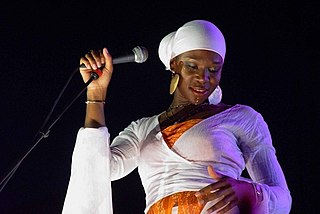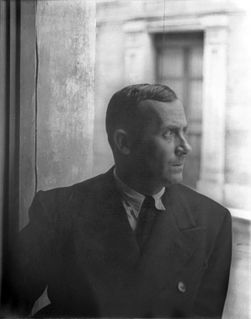A Quote by Friedrich Nietzsche
Yet for all that, there is nothing in me of a founder of a religion--religions are affairs of the rabble; I find it necessary to wash my hands after I have come into contact with religious people.
Related Quotes
There has been a religious revival because - let me put it like this, the people that weren't traditionally religious, conventionally religious, had a religion of their own in my youth. These were liberals who believed in the idea of progress or they were Marxists. Both of these secular religions have broken down.
I don't deny that religion is very healthful to a lot of people. And as long as they don't try to convert me, I have, you know, nothing - and to interfere with the rights of people to believe other religions or to not believe in any religion at all - as long as they mind their own religion - perfectly all right with me...
True religion has a universal quality. It does not find fault with other religions. False religions will find fault with other religions; they will say that theirs is the only valid religion and their prophet is the only saviour. But a true religion will feel that all the prophets are saviours of mankind.
We [Americans] have secularized the public life of our country in such a way to say something is religious is something negative. Religion has now turned into a way to discredit people. It is futile and dishonest to argue about religion. Religion is a phenomenological umbrella; there are all kinds of religions. It makes a difference when your religion is telling you something true or something false.
I think there in a great deal to be said for religious education in the sense of teaching about religion and biblical literacy. Both those things, by the way, I suspect will prepare a child to give up religion. If you are taught comparative religion, you are more likely to realise that there are other religions than the one you have been brought up in. And if you are if you are taught to read the bible, I can think of almost nothing more calculated to turn you off religion.
All religions are not the same. All religions do not point to God. All religions do not say that all religions are the same. At the heart of every religion is an uncompromising commitment to a particular way of defining who God is or is not and accordingly, of defining life's purpose.
Anyone who claims that all religions are the same betrays not only an ignorance of all religions but also a caricatured view of even the best-known ones. Every religion at its core is exclusive.









































